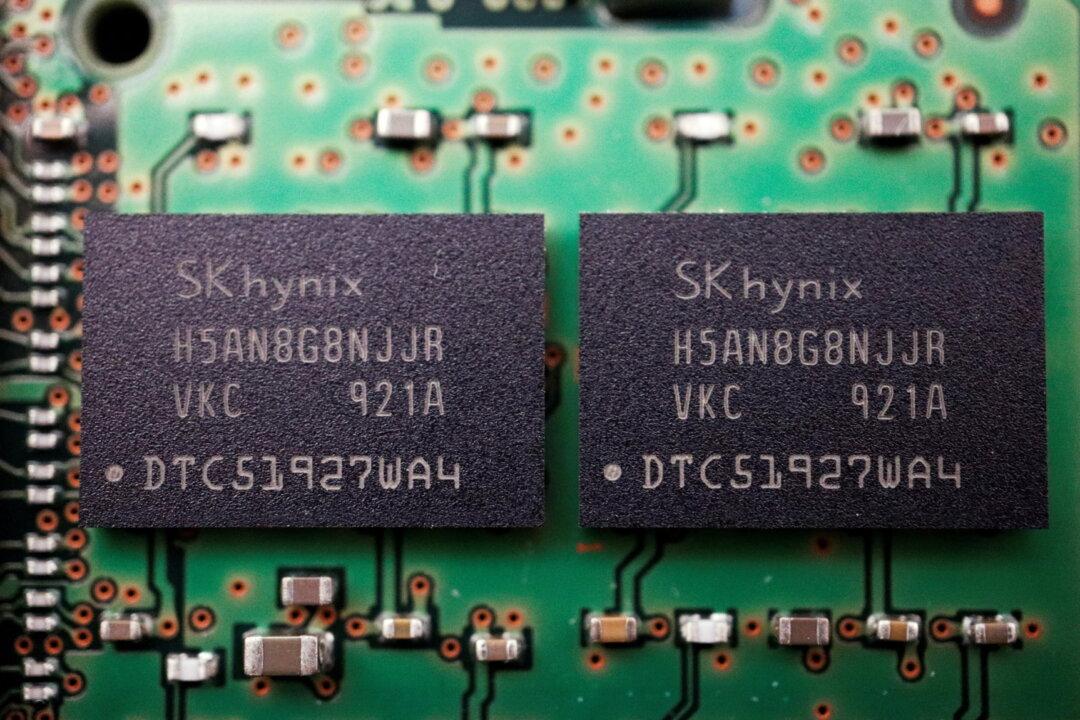The chairman of Swedish-Swiss engineering giant ABB is expecting the global semiconductor shortage to ease soon, but believes diversifying the chip supply chain is “very important” as China–Taiwan tensions remain a “risk.”
The semiconductor shortage was “really an issue” last year, specifically the first two to three quarters, Chairman Peter Voser said in an interview with CNBC on Monday at the World Economic Forum in Davos, Switzerland. “This was a real shortage on semiconductors, which affected us a lot because clearly when you’re in electrification automation and robotics, one of the key components is semiconductors, and we are using quite complex ones, so therefore Taiwan is very important but also Chinese semiconductors.”





